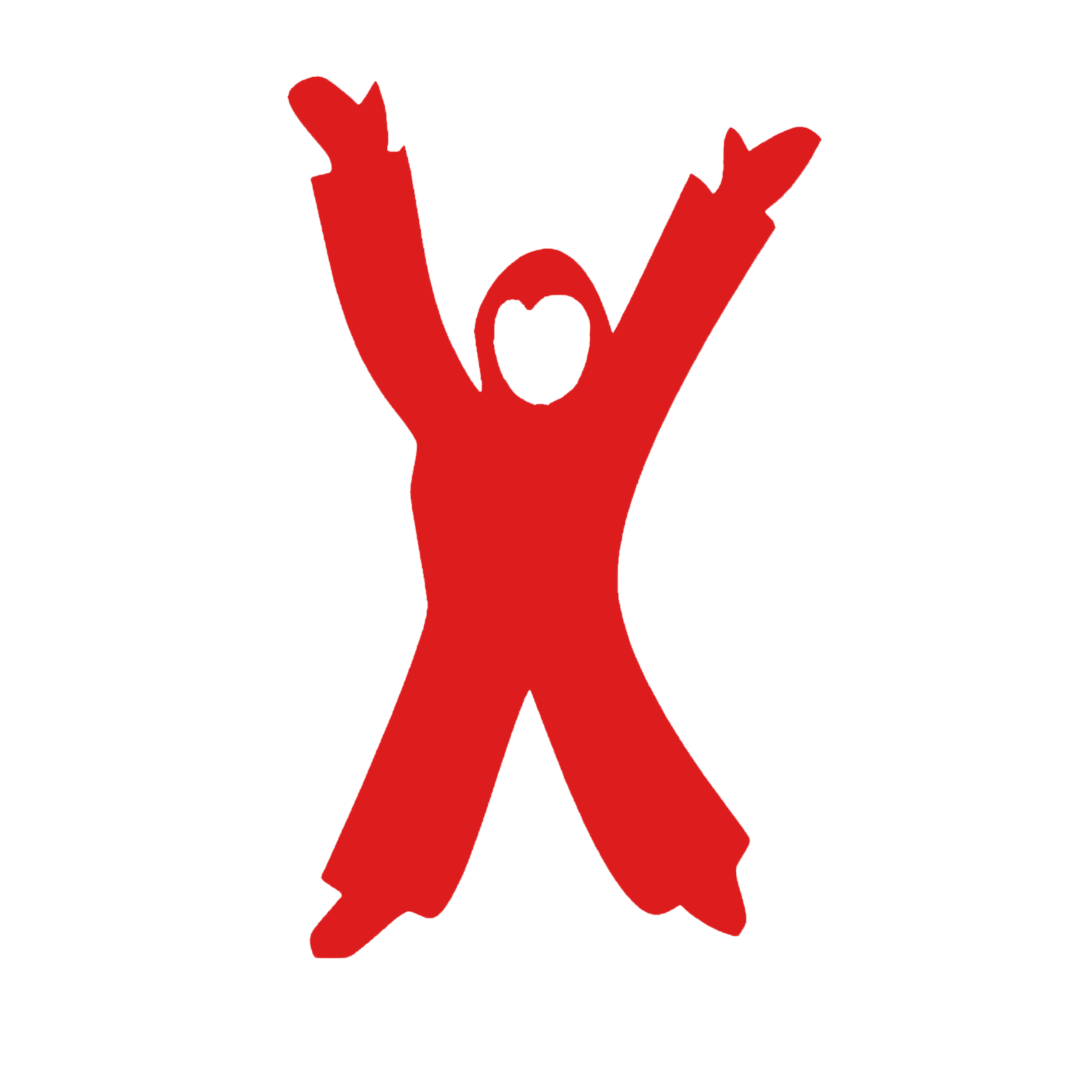
'Nothing about us without us'
Deafblind people deserve to be 'seen and heard' in the way they choose. That is why as an organisation we centre deafblind voices into all parts of our work from the provision of services that support deafblind people to develop new skills to help them cope with day-to-day life through to opening opportunities that support them to access new adventures. .
As Issy, our Chairperson, highlighted 'When I approach sensory impairment support services and ask them to work with me in my reality, which is through my sense of taste, smell, and touch, and most importantly touch, I am met with complete and utter confusion. We want to be involved to shape the services in such a way that they actually are in my reality. I am deafblind and I can show you the way if you would just listen.”
This page outlines the different ways our members are involved in our work.
Seen and Heard: Voices of Deafblind People
Scottish Advisory Group on Deafblindness (SAGoD)
The Scottish Advisory Group on Deafblindness often called SAGoD brings together Deafblind people from across the country to set policy priorities for Deafblind Scotland. This ensures that Deafblind people’s direct experience of living day to day with this form of dual sensory loss can be used in a positive way to help inform what changes are needed across the systems and structures that have the greatest impact on their lives from transport and health and social care to accessible neighbourhoods and buildings.
Any member of Deafblind Scotland can attend a quarterly SAGoD meeting where they can discuss the issues that most affect them and work together with Right to Dream Ambassadors and Senior staff to explore solutions. SAGoD meetings also provide an opportunity to engage in consultations with National and Local Government or others such as NHS Leaders or Social Security Scotland to ensure that Deafblind people’s daily challenges and views on improvements in services and structures are ‘Seen and Heard.’
Our Right to Dream Ambassadors
Initially funded through the Big Lottery Lived Experience Fund as ‘Dare to Dream,’ Deafblind Scotland members who wished to take on a leadership role were offered leadership and influencing skills training. One first task that they embarked on was to consult other Deafblind Scotland members who were less able to have their say due to ill health, disability, lack of mobility or communication barriers on a Deafblind Scotland Manifesto or Rights.
This Manifesto provided a framework for the development of Deafblind Scotland’s 5-year Strategy ‘The Right to Dream’.
Across 2020, the Dare to Dream Peer Leadership Group consulted widely with deafblind people on their rights, the following is their consensus on a rights-based manifesto.
-
It is the right of deafblind people to be recognised as a unique community and we should be included in all aspects of society.
-
We expect the Scottish Government, public and private sectors, and the wider community to be deafblind aware.
-
It is the right of deafblind people to have equal access to influence local and national policy and we should be fully consulted throughout.
-
It is our right to have access to communication, information, travel, and equipment that is fully accessible and is financially inclusive.
-
It is every deafblind person’s right to accessible support across multiple services during diagnosis, transitions, and major life events.
At the end of the Dare to Dream Programme further funding was provided by the Scottish Government as part of the Equality and Human Rights Fund that enabled Deafblind Scotland to develop the project ‘Right to Dream.’ This has supported us to undertake a number of peer-led (Deafblind person led) activities.
One important element of this work was to grow the voices of Deafblind people and in particular to build upon the ‘Dare to Dream’ leadership training to create Right to Dream Ambassadors. These Ambassadors provide external training through Right to Dream both to other people living with sensory loss but also public bodies, ensuring that people are aware of their rights and services of their duty to protect and uphold these rights. Within the Right to Dream approach we do all we can to make accessing and upholding of rights as easy as possible by providing tools, resources, and case studies to help. Alongside these training activities Right to Dream Ambassadors work with SAGoD and Deafblind Scotland Senior Leadership to refine policy priorities and set out an annual influencing plan. Ambassadors also work with CEO and other senior staff within Deafblind Scotland to engage directly in policy work such as through attending Government meetings and helping to facilitate consultations and consultation responses.
To find out more about the Right to Dream project, visit our webpage here, or email programmemanager@dbscotland.org.uk
Development Committee
Right to Dream Ambassadors are eligible to become members of the Deafblind Scotland Development Committee. This committee reports directly to the Board of Directors and is chaired by a Deafblind Trustee. It considers all Deafblind Scotland’s health, wellbeing, and skills development programmes; rehabilitation and Guide Communicator services; training programme; social media, marketing, and information strategy; building and land improvements; policy work; and fundraising strategy.
The committee provides an opportunity for members to work with Trustees and Senior staff leaders to inform the development of the organisational strategy and to review progress towards achievement of strategic goals, helping to ensure that lived experience is central to all elements of the work of the organisation. It provides a way for Deafblind people to contribute to making Scotland a better place for deafblind people to live by helping us to raise awareness of the challenges deafblind people face and what society, Governments and other key services and structures can do to make more inclusive places and spaces for Deafblind people.
Get involved
If you want to get involved with our work, drop us a message touch via our Contact us page or give us a call on 0141 777 6111.
